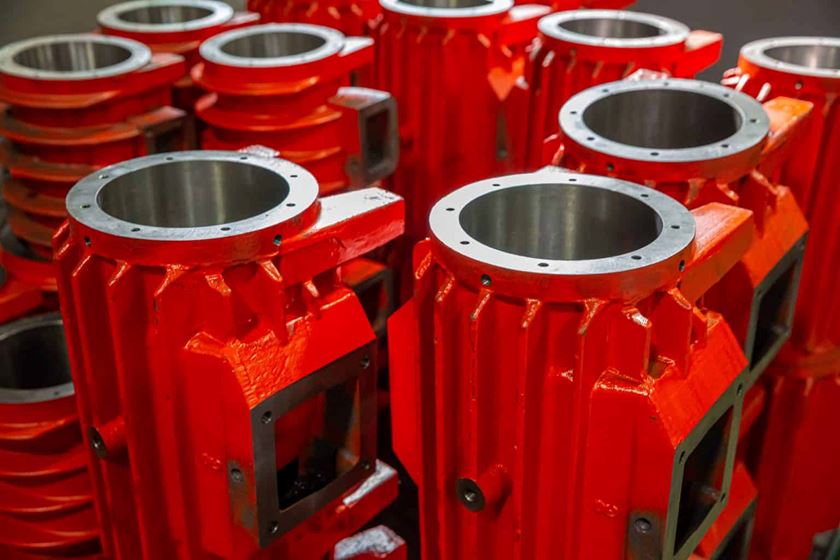Paint Adhesion on Plastic
Question: We mold and paint plastic parts and have paint adhesion issues.
Question:
We mold and paint plastic parts and have paint adhesion issues. We are not using a primer and apply the base coat directly to the conductive plastic. From what we have tested, there is no variation in the molded part or contamination. Can you tell us what is going on? T. D.
Answer:
Paint is not fickle. If it adheres to a substrate once, it will every time—unless something is changed. A good example is M. R.'s remarks in the October 2004 Painting Clinic. "...This problem reminded me of one we ran into on a painted plastic part. What we found out was that the grade of ABS we were using was formulated with a mold lubricant to improve mold life. (These items are often found in plastics but never really thought about when being painted.) The manufacturer had a wide specification on the material and whenever the concentration got close to the upper limit, an invisible waxy skin would form on the part. When we painted the part and performed the crosshatch test, the paint would peal off causing a reject. Actually what we found is the paint was adhering well to the waxy skin but the waxy skin did not adhere to the ABS. The way we found out about this issue is we did a crosshatch test on the non-painted parts and saw the waxy skin on the tape.
Featured Content
Resolving the problem was very easy once we asked the plastic manufacturer about the additives they use and their manufacturing process. We did that by specifying a lower additive concentration in the plastic we used. Once we addressed the additive concentration issue we never had an adhesion problem again..."
The aforementioned account describes only one thing that can change. In addition to changes in the substrate itself, there are other causes of adhesion failures. Some of these are airborne silicone contaminants, which can travel long distances in factory circulating air; moisture condensing on the substrate; insufficient surface preparation caused by changes in chemical concentrations and other parameters and so on. Something has changed or is changing, T. D., you just have to discover what it is.
RELATED CONTENT
-
Coating Thickness Measurement: The Fundamentals
A review of available test methods, common applications and innovative instrumentation...
-
Zinc Phosphate: Questions and Answers
Our experts share specific questions about zinc phosphate and pretreatment
-
Phosphate Conversion Coatings
Types of phosphate conversion coatings, how to apply them, and their specific functions.


















